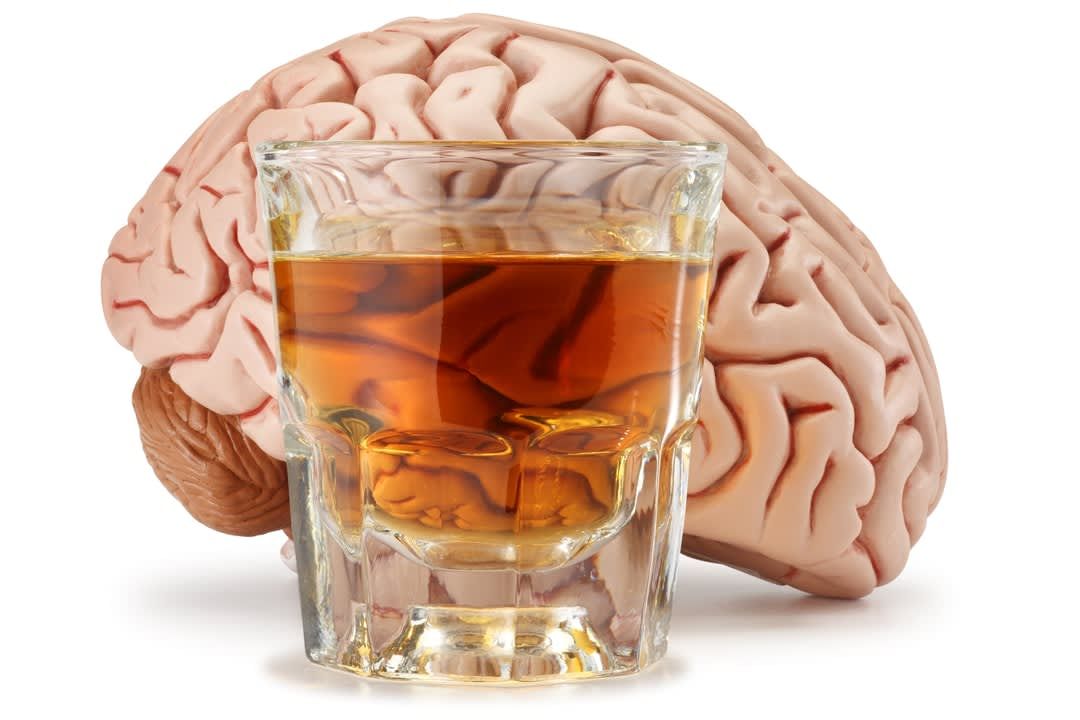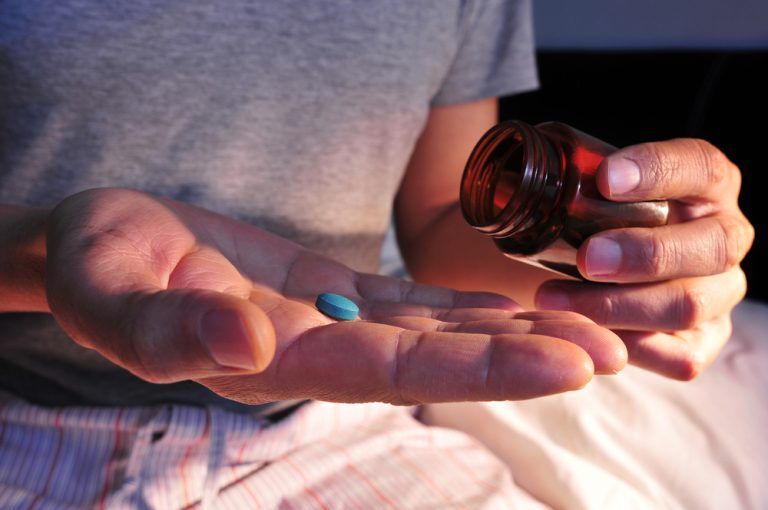How Drugs Rewire the Brain
Advance Minds Blog
A safe space to explore subjects within the community such as mental health, substance abuse and personal identity.
Our safe space also provides the opportunity for real individuals to express their hardships and success through writing.
How Drugs Rewire the Brain: Understanding Addiction

Drugs have a powerful effect on the brain, altering its chemistry and structure in ways that can lead to addiction. Understanding how substances impact brain function helps explain why quitting can be so difficult.
Here’s a breakdown of how drugs rewire the brain and contribute to substance dependence.
1. The Brain’s Reward System & Dopamine 🧠⚡
- The brain has a reward system that reinforces behaviors necessary for survival, like eating and socializing.
- Dopamine, a neurotransmitter, plays a key role in pleasure and motivation.
- Drugs flood the brain with dopamine, creating an intense feeling of euphoria.
- Over time, the brain adjusts by producing less dopamine, making it harder to feel pleasure naturally.
👉 Why It Matters: This leads to tolerance, where higher doses are needed to achieve the same effect, increasing addiction risk.
2. Changes in Brain Structure & Function 🏗️
- Repeated drug use rewires neural pathways, making cravings and compulsive behaviors stronger.
- The prefrontal cortex, responsible for decision-making and impulse control, becomes impaired.
- The brain prioritizes drug-seeking behavior over other needs, making quitting difficult.
👉 Why It Matters: Long-term drug use weakens self-control, making relapse more likely.
3. Memory & Cravings 🔁
- Drugs create powerful memories associated with use, triggering cravings when exposed to similar environments or emotions.
- The hippocampus (memory center) strengthens these associations, making relapse a risk even after years of sobriety.
- Emotional triggers like stress, loneliness, or depression can activate cravings unexpectedly.
👉 Why It Matters: Avoiding triggers and developing coping strategies is crucial for recovery.
4. Withdrawal & Dependence 🚨
- Over time, the brain relies on drugs to function normally.
- Stopping drug use leads to withdrawal symptoms, which can be physical (shaking, nausea) and psychological (anxiety, depression).
- The brain struggles to regain balance, making it difficult to stay sober without support.
👉 Why It Matters: Medical detox and therapy help the brain recover and reduce relapse risks.
5. Can the Brain Heal from Drug Use? 🛠️💡
- Yes, but recovery takes time.
- The brain is neuroplastic, meaning it can rewire itself with the right treatment and lifestyle changes.
- Exercise, therapy, healthy nutrition, and social support help restore brain function.
- Complete recovery may take months or even years, depending on the drug and duration of use.
👉 Why It Matters: With persistence and professional help, the brain can regain balance, and a drug-free life is possible.
Final Thoughts
Drugs hijack the brain’s reward system, creating a cycle of dependence and addiction.
Understanding these changes is the first step toward recovery.
With the right treatment and support, the brain can heal, and a healthier, drug-free life is within reach! 🌟💙
















